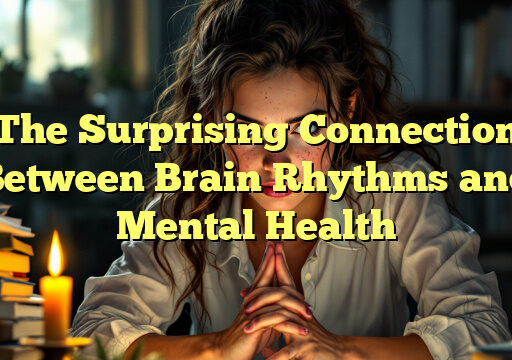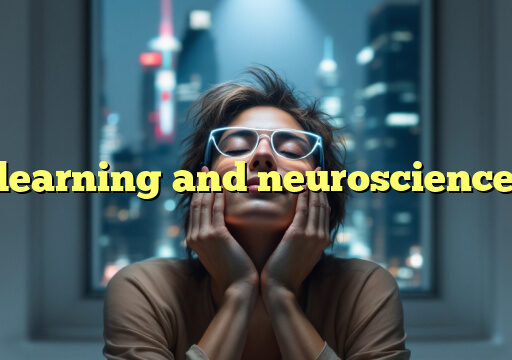Learning is a complex process that involves the brain in various ways. The brain is the most important organ when it comes to learning and retaining information. Understanding how the brain processes information can help us improve our learning abilities and maximize our potential.
The Brain's Role in Learning
The brain is responsible for processing, storing, and retrieving information. When we learn something new, our brain creates connections between neurons, forming neural pathways that enable us to recall that information later on. This process is known as synaptic plasticity, and it is crucial for learning and memory.
When we are exposed to new information, our brain processes it through different regions, such as the hippocampus for memory formation and the prefrontal cortex for decision making and problem solving. These regions work together to integrate new information with existing knowledge, allowing us to make sense of the world around us.
The Science Behind Learning
Research has shown that the brain is constantly changing and adapting based on our experiences. This phenomenon, known as neuroplasticity, allows the brain to reorganize itself in response to new situations and information. By engaging in activities that challenge our cognitive abilities, such as reading, solving puzzles, or learning a new skill, we can promote neuroplasticity and enhance our learning capabilities.
Learning also involves the release of neurotransmitters, such as dopamine and serotonin, which play a key role in motivation, attention, and memory. These chemicals help us stay focused on tasks, retain information, and experience the rewarding feeling of accomplishment when we learn something new.
Strategies for Effective Learning
There are several strategies that can help enhance our learning abilities by leveraging the brain's natural processes. For example, breaking down complex information into smaller chunks can make it easier for the brain to process and retain. Additionally, practicing retrieval through activities like flashcards or quizzes can strengthen neural connections and improve memory recall.
Engaging in physical exercise has also been shown to benefit learning by increasing blood flow to the brain and promoting the release of growth factors that support neuroplasticity. Getting an adequate amount of sleep is equally important, as it allows the brain to consolidate memories and integrate new information into existing knowledge networks.
Conclusion
Learning is a dynamic process that involves the brain in various ways. By understanding how the brain processes information, we can optimize our learning abilities and enhance our cognitive skills. By actively engaging in activities that challenge our minds and promote neuroplasticity, we can unlock our full potential and continue to learn and grow throughout our lives.
FAQs
1. How does the brain process information?
The brain processes information through the formation of neural connections and the release of neurotransmitters that support memory and learning. Different regions of the brain work together to integrate new information with existing knowledge networks.
2. How can I improve my learning abilities?
Engaging in activities that challenge your cognitive abilities, such as reading, solving puzzles, or learning a new skill, can promote neuroplasticity and enhance your learning capabilities. Getting enough sleep and engaging in physical exercise are also important factors in optimizing learning.
3. What role do neurotransmitters play in learning?
Neurotransmitters such as dopamine and serotonin play a key role in motivation, attention, and memory. These chemicals help us stay focused on tasks, retain information, and experience the rewarding feeling of accomplishment when we learn something new.
Unlock Your Mental Potential




